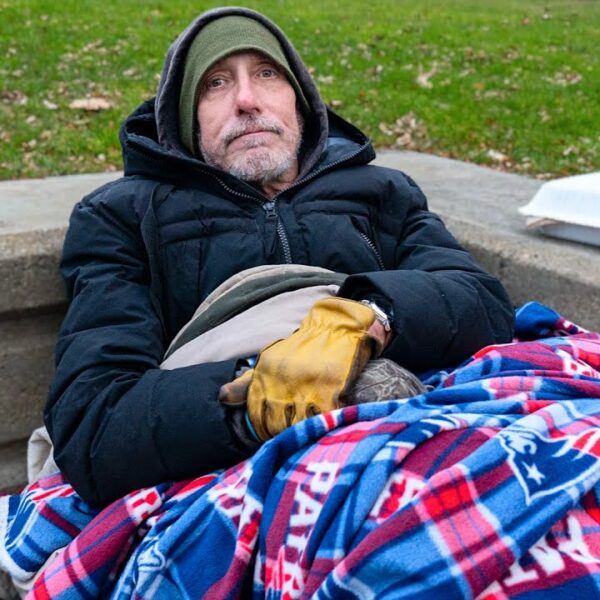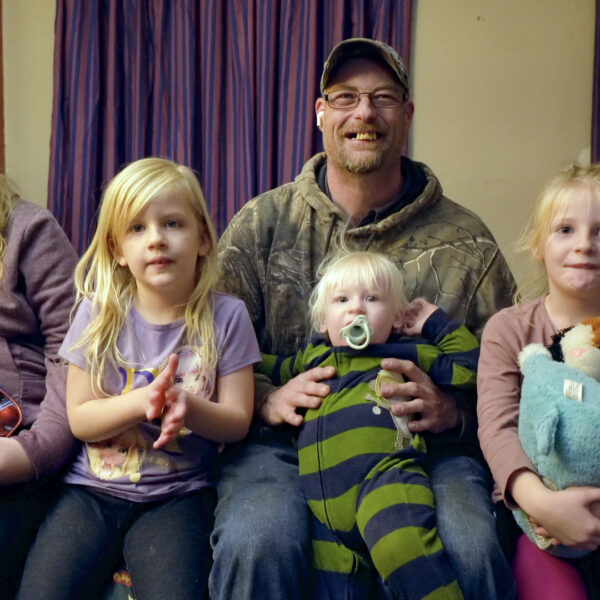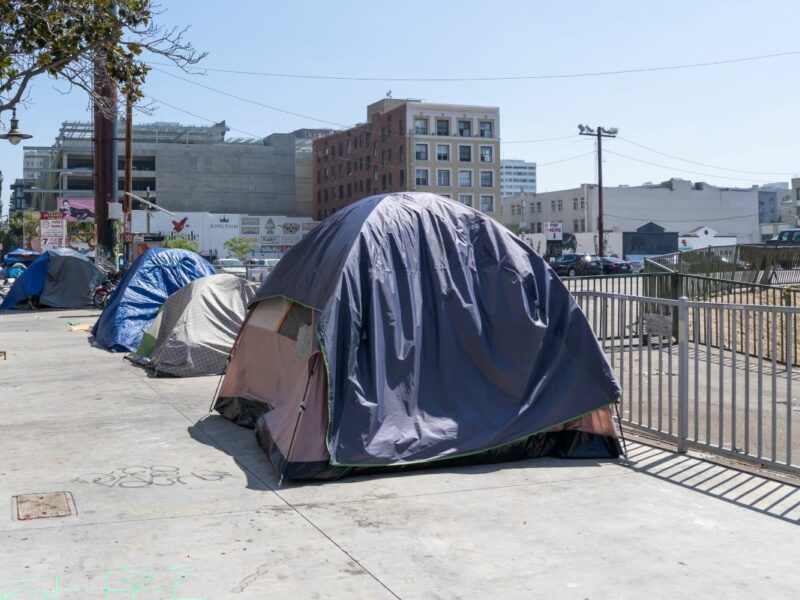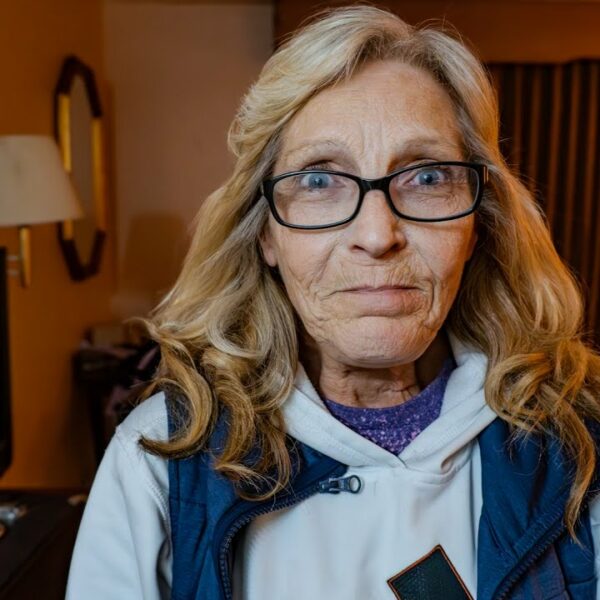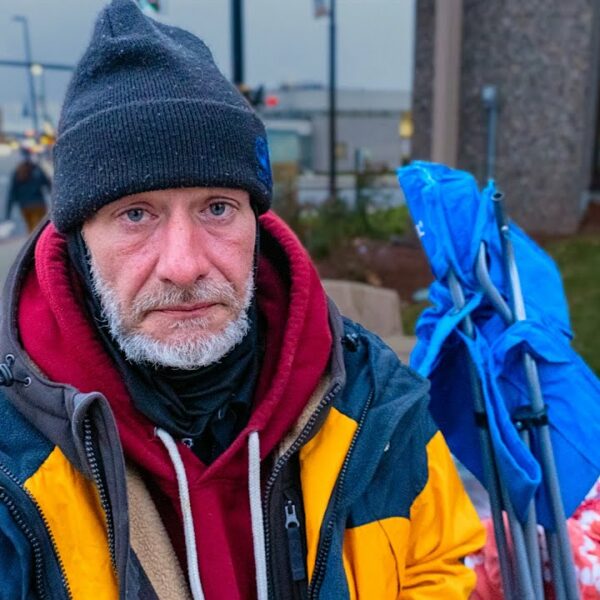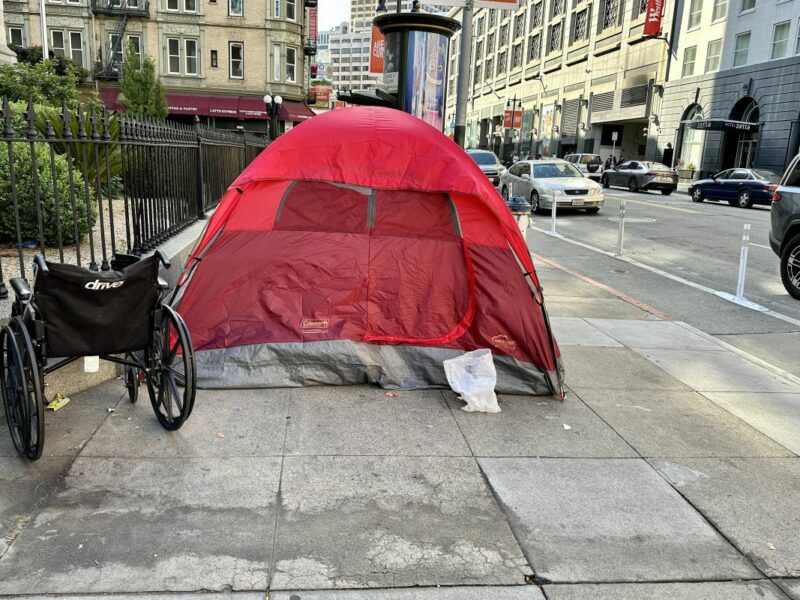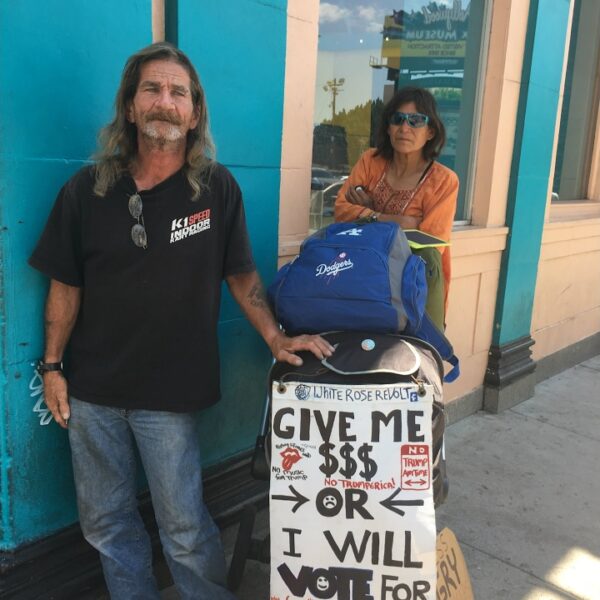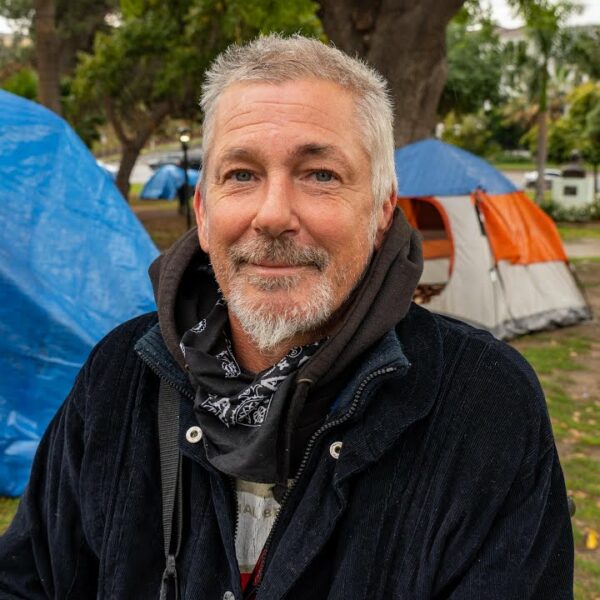Look at the United States today. There’s an evident housing crisis and a huge homeless problem. There’s a looming rent burden problem, with a quarter of tenants spending more than half of their income on rent.
In California, the housing crisis is particularly bad. Even before the spread of COVID-19, more than 150,000 Californians were homeless, and the state housing costs were sky-high. Nationwide, housing in California is the most expensive.
But before coronavirus, some steps were being made to address the housing issues in California. Bills were being introduced to make it easier for more housing to be built. This was to help ease the crippling shortage of housing that economists claim is responsible for making rents and house prices the costliest in the country.
California’s governor Gavin Newsom and local governments were planning to spend one billion dollars to help homeless people.
Then COVID-19 happened. As millions of Californians adjust to a new reality, more questions are raised concerning the state’s housing crisis.
How do homeless people isolate without a home? How is this vulnerable population protected? What happens next?
While COVID-19 has introduced many new issues relating to homelessness, it seems that there are a few silver linings.
The virus has caused governments to take quick action. They have moved homeless people into safe (yet temporary) accommodations like hotel and motel rooms. In addition, the declining demand for commercial real estate due to COVID-19 could mean more room for housing.
Let’s learn a bit more about the declining demand for commercial real estate such as hotels and office space and the benefits it could bring to renters and homeless people.
People Are Working From Home
Across America, COVID-19 has led to approximately 175,000 business closures. This figure is likely to rise. Likewise, the delinquency rate on commercial mortgage-backed securities has loomed more than five-fold recently.
An estimated 40 percent of those employed are working from home instead of the office. This doesn’t look like it will change anytime soon. In fact, employers suggest that this may be the new normal.
As offices, retail spaces, and business hotels are no longer used, there is a considerable decline in commercial real estate demand. While this introduces another negative economic effect of the pandemic, it could benefit those in need of housing.
With plenty of free indoor space, this could be an opportunity to transform portions of commercial real estate into much-needed affordable housing.
New Plans on the Horizon
Actions are already being taken to make transforming real estate buildings into housing a reality. A new regional plan established by the Southern California Association of Governments proposed adding more than one million new housing units in California. These units would primarily stand in jobs-rich coastal areas in Los Angeles and Orange County to improve the quality of life in Southern California.
To illustrate the potential role that converting commercial properties in California might be able to play, the West Los Angeles Community Plan Area holds 1.74 percent of the land in Los Angeles. However, it contains around 10 percent of the office space in the entire country. Employment in this area includes a high proportion of roles that could become remote.
“Commercial real estate” includes a substantial range of property types. It’s still unclear how decreased demand for commercial real estate will affect offices, retail spaces, and other types of property like hotels. But many buildings – especially offices and hotels – are new, modern and clean. Many are also already equipped with facilities for residential use, like parking and utility services. Such amenities help make renovations more straightforward.
Reducing Homelessness
For vulnerable homeless people who would still be unable to pay the rent for such properties, such repurposing of commercial real estate could nevertheless be beneficial.
Project Roomkey is a state program that aims to house homeless people at high risk of contracting COVID-19. California has the highest homeless population in the country and the most living outdoors. It also has many homeless residents who are seniors with chronic health conditions. This makes them particularly susceptible to contracting COVID-19.
The Project Roomkey program includes a clause allowing the state to consult with owners to purchase such properties. They can then transform them permanently into housing for homeless people.
The Challenges of Transforming Commercial Estate into Housing
When it comes to renovating commercial real estate like offices and hotels into suitable housing, there are specific challenges to consider.
For one, it can take a long time to renovate hotels into use as accommodation for homeless people. Refurbishing commercial real estate can take years, not months. This delay is a problem as many desperately need a safe place to stay as soon as possible.
Another issue is that hotel owners may be reluctant to part with an asset like a hotel permanently. Selling is different from providing a temporary lease, which many accommodations are currently doing during the COVID-19 pandemic. Even if owners agree to sell, there are regulatory steps that slow the purchasing process down, as permission must be sought to change the status of buildings from commercial to residential.
In some communities, locals may also oppose projects for homeless people, which can slow down development or even prevent it.
Finally, the project’s cost is not only in the conversion but also in supporting homeless people, many of whom will have mental health or substance misuse issues.
However, it’s essential to understand that renovating commercial real estate is still more affordable than building housing from scratch.
The Problems Occurring in a Drop in Rental Prices
Another factor to consider is that more affordable housing in the form of refurbished commercial real estate won’t necessarily help those most in need.
Economists are claiming that the United States is likely already in recession. In the worst-case scenario of 20 percent unemployment and extensive layoffs over an extended period, the economic effects are terrifying.
In most recessions, home prices and rents lessen alongside falling income and wages. So, even if housing and rent are more affordable in a post-coronavirus world, it doesn’t necessarily mean that most people can purchase a house or be able to afford rent.
A steady decline in rent and home values might be beneficial to Californians who can maintain steady incomes and stable jobs. But for those experiencing the effects of the COVID-19 economic crisis, a decline in commercial real estate may only be helpful if specific strategies and government assistance are introduced. Lower-income earners, especially those in the hospitality and service sector with falling incomes, still won’t be able to pay rent.
With the right aid, let’s hope that introducing a new market-rate or affordable housing eases the pressure in the broader housing market – including those most at need. Done right, this change could benefit both the vast numbers of Californian residents struggling with rent burden and the number of people experiencing homelessness. This is potentially an historic opportunity to finally address California’s housing and homelessness crisis.



